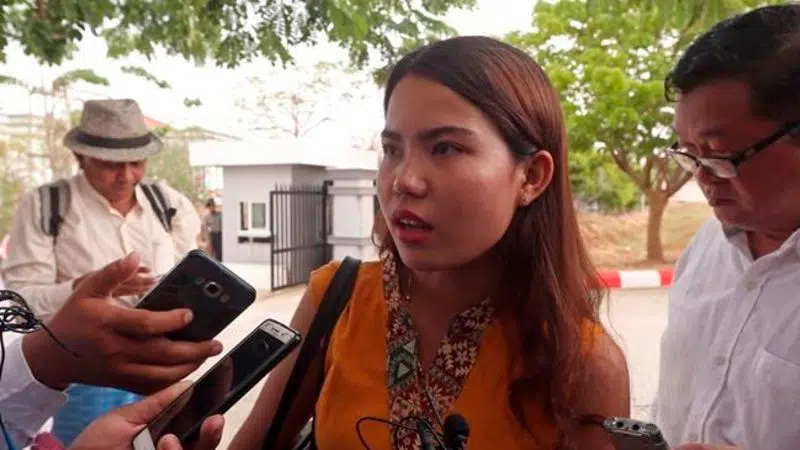
Myanmar court rejects appeal of jailed Reuters reporters
NAYPYITAW, Myanmar — Myanmar’s Supreme Court on Tuesday rejected the final appeal of two Reuters journalists and upheld seven-year prison sentences for their reporting on the military’s brutal crackdown on Rohingya Muslims.
Wa Lone and Kyaw Soe Oo earlier this month shared with their colleagues the Pulitzer Prize for international reporting, one of journalism’s highest honours. The reporters were arrested in December 2017 and sentenced last September after being accused of illegally possessing official documents, a violation of a colonial-era law.
The court did not given a reason for its decision, which was quickly decried by rights advocates.


